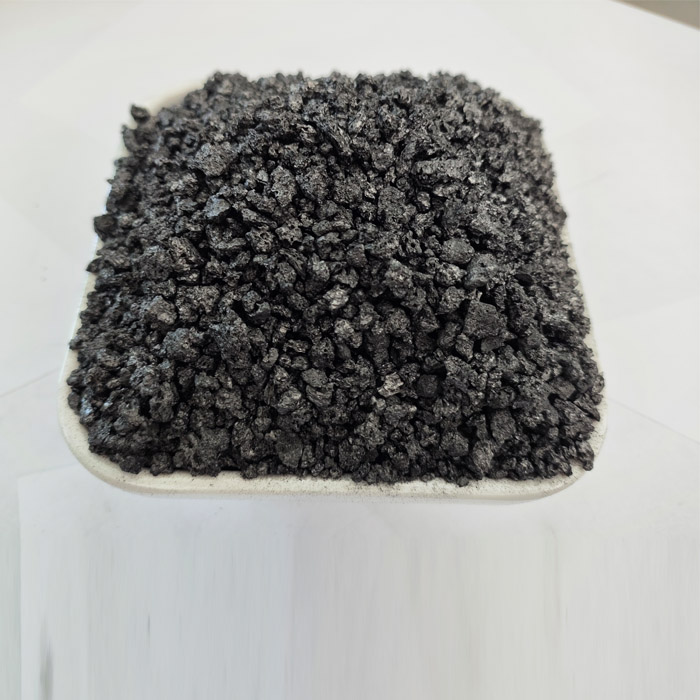Nov . 27, 2024 18:23 Back to list
Suppliers of Insulation Materials for Refrigerant Pipe Systems and Applications
Finding the Right Refrigerant Pipe Insulation Material Supplier
When it comes to HVAC systems, the efficiency and performance of these systems rely significantly on various components, one of which is the refrigerant pipes. Insulating these pipes effectively is essential for preventing energy loss, maintaining cooling efficiency, and protecting against condensation. As a result, the choice of refrigerant pipe insulation material is crucial, making it important to find a reliable supplier who can meet your specific needs.
Understanding Refrigerant Pipe Insulation
Refrigerant pipe insulation serves multiple purposes. Firstly, it minimizes heat transfer between the refrigerant inside the pipe and the environment, thereby ensuring the refrigerant remains within its optimal temperature range. This not only enhances system efficiency but also reduces energy consumption. Secondly, it prevents condensation from forming on the exterior of the pipes, which can lead to water damage and mold growth. Lastly, proper insulation provides a layer of protection against physical damage and external environmental factors.
Key Insulation Materials
There are several common types of insulation materials used for refrigerant pipes, each with its unique properties
1. Foam Insulation Made from materials like rubber or polyethylene, foam insulation is lightweight, easy to install, and provides excellent thermal insulation. It also has a high resistance to moisture, making it an ideal choice for a variety of climates.
2. Fiberglass Insulation Fiberglass is another popular option, known for its high thermal resistance. However, it can absorb moisture if not properly sealed, making it less desirable in humid environments unless specifically designed for such conditions.
3. Aerogel Insulation This advanced type of insulation offers superior thermal performance and is lightweight. However, it is often more expensive than traditional materials, making it suitable for high-performance applications.
4. Reflective Insulation This type of insulation utilizes reflective surfaces to reduce radiant heat transfer. It’s particularly useful in hot climates where radiant heat can significantly impact system efficiency.
Each of these materials has its advantages and disadvantages, making it important to consult with your insulation supplier about the most suitable option for your specific application
.refrigerant pipe insulation material supplier

Choosing the Right Supplier
Finding the right refrigerant pipe insulation material supplier involves several key considerations
1. Experience and Expertise Look for suppliers with a proven track record in the industry. Suppliers who have been in business for several years usually have the experience needed to provide you with quality materials and advice.
2. Product Range A reliable supplier should offer a wide range of insulation materials to meet diverse requirements. Having multiple options allows you to choose the best insulation for your specific applications.
3. Quality Assurance Ensure that the supplier adheres to industry standards and regulations. Quality assurance guarantees that the insulation materials you purchase will perform effectively and last long-term.
4. Technical Support Opt for suppliers who offer technical support. This can be invaluable when it comes to selecting the right materials and installation practices.
5. Customer Reviews and References Look for suppliers with positive customer feedback. Testimonials or case studies can provide insight into the supplier’s reliability and the quality of their products.
6. Pricing and Availability While pricing is important, it should not be the only criterion. Ensure the supplier has competitive pricing without compromising on quality. Additionally, pay attention to lead times and product availability.
Conclusion
Choosing the right refrigerant pipe insulation material supplier is crucial for the efficient performance of HVAC systems. By considering factors such as experience, product range, quality assurance, technical support, customer feedback, and pricing, you can make an informed decision. Finding a reputable supplier will not only ensure the quality of the insulation material but will also help maximize the efficiency of your refrigeration systems, ultimately leading to energy savings and enhanced performance. With the right partnership, you can ensure that your HVAC systems operate at their best, prolonging their lifespan and reducing operational costs.
-
Fe-C Composite Pellets for BOF: Enhance Steelmaking Efficiency
NewsAug.07,2025
-
Eco-Friendly Granule Covering Agent | Dust & Caking Control
NewsAug.06,2025
-
Fe-C Composite Pellets for BOF: High-Efficiency & Cost-Saving
NewsAug.05,2025
-
Premium Tundish Covering Agents Exporters | High Purity
NewsAug.04,2025
-
Fe-C Composite Pellets for BOF | Efficient & Economical
NewsAug.03,2025
-
Top Tundish Covering Agent Exporters | Premium Quality Solutions
NewsAug.02,2025
